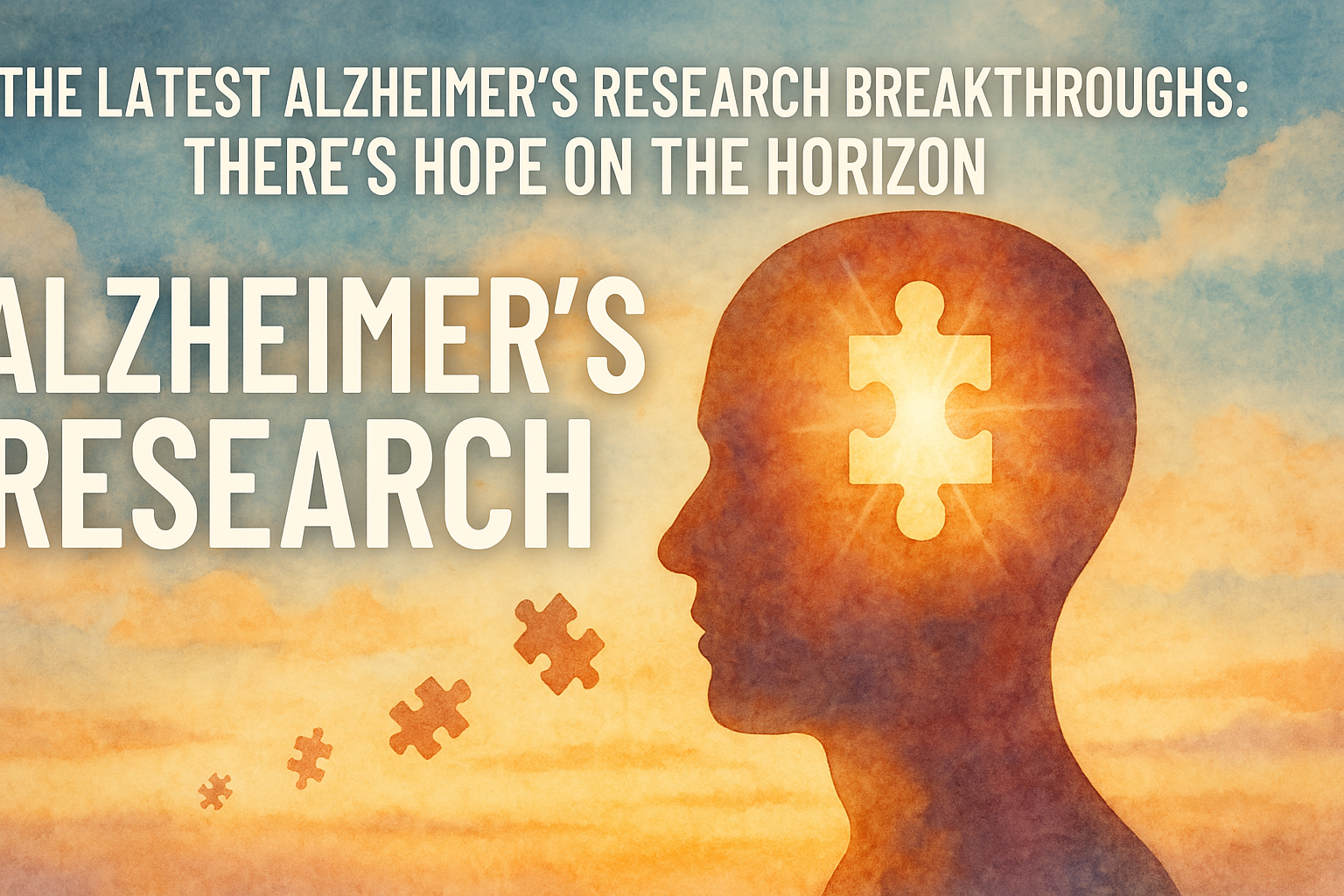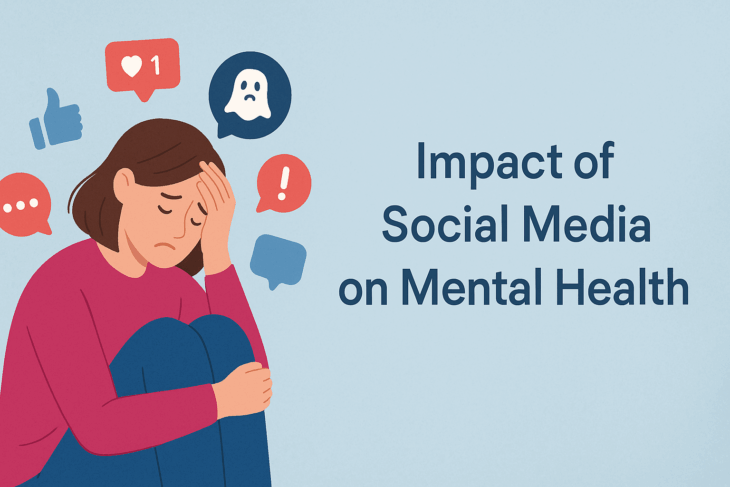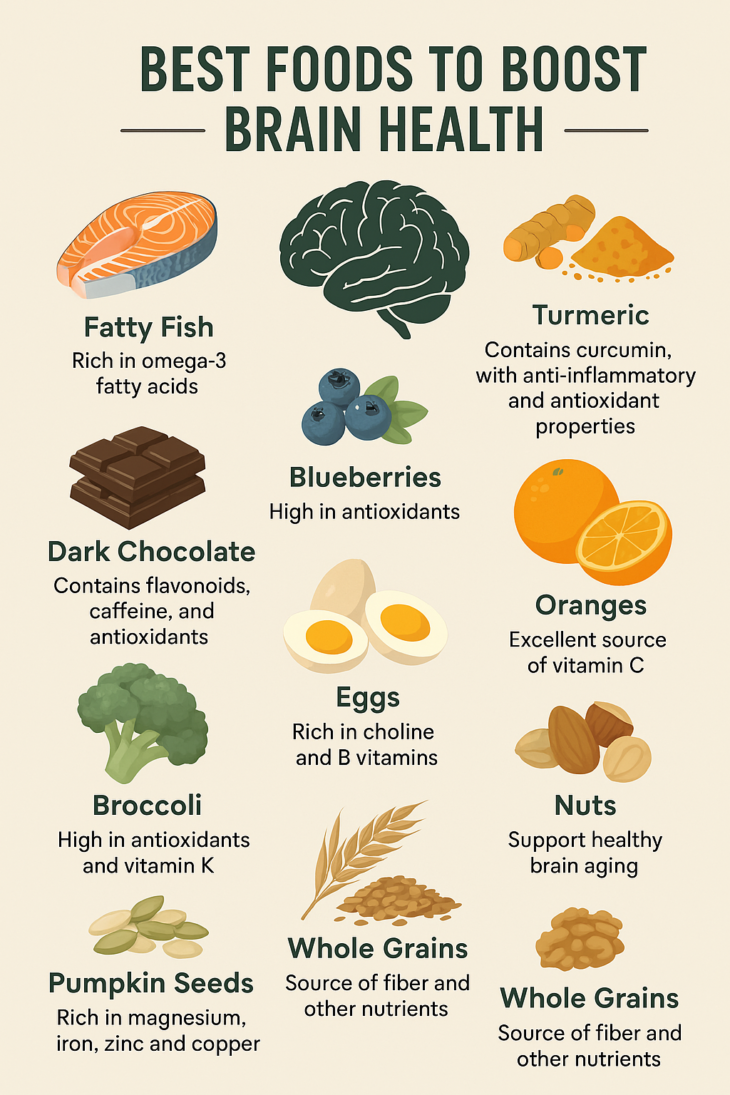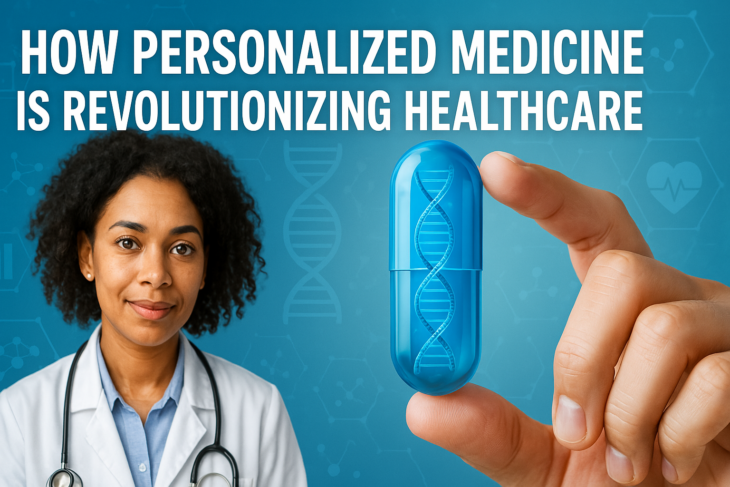Alzheimer’s disease has been one of the biggest medical mysteries for decades. Scientists, doctors, and researchers have spent years trying to understand it, slow it down, and, hopefully, find a cure. While a complete solution is still out of reach, recent breakthroughs have given fresh hope to millions of people affected by this condition.
Let’s explore the latest developments and what they mean for the future.
Understanding Alzheimer’s: A Quick Refresher
Alzheimer’s is a progressive brain disorder that slowly erases memory, thinking skills, and, eventually, the ability to carry out simple tasks. It primarily affects older adults and has no known cure.
The disease is caused by abnormal protein deposits in the brain, leading to nerve cell damage. Researchers have spent years investigating these proteins, particularly beta-amyloid and tau, to find ways to prevent or slow down the disease.
Breakthrough #1: New Drug Developments
One of the most exciting advancements in Alzheimer’s research is the development of new drugs designed to target the disease at its roots. Recently, a drug called Lecanemab gained FDA approval.
This medication has shown promising results in slowing cognitive decline by reducing amyloid plaques in the brain. Patients in clinical trials experienced a slower progression of symptoms, offering renewed hope to families worldwide.
Another drug, Donanemab, is also making headlines. This treatment works in a similar way, attacking harmful protein buildup. Scientists believe these drugs could mark the beginning of a new era in Alzheimer’s treatment, shifting the focus from symptom management to disease modification.
Breakthrough #2: Early Detection Through Blood Tests
Early diagnosis has always been a challenge. Many patients don’t get diagnosed until the disease is already advanced. However, researchers are developing blood tests that can detect Alzheimer’s years before symptoms appear. These tests look for biomarkers like amyloid and tau proteins, giving doctors a better chance to start treatments early.
A blood test called PrecivityAD is already available, and more advanced versions are in development. If widely adopted, these tests could revolutionize the way we approach Alzheimer’s, allowing for early interventions that may slow or even prevent cognitive decline.
Breakthrough #3: The Role of the Gut-Brain Connection
New research suggests that the gut may play a crucial role in Alzheimer’s progression. Scientists have discovered that gut bacteria influence brain health, and imbalances in the microbiome may contribute to inflammation and plaque formation in the brain.
In a groundbreaking study, researchers found that certain probiotics and dietary changes could help protect against Alzheimer’s. While this area of research is still in its early stages, it opens up new possibilities for prevention strategies beyond traditional medications.
Breakthrough #4: Gene Therapy and CRISPR Technology
Genetics plays a significant role in Alzheimer’s. Some people are at higher risk due to specific genes, such as APOE4. But recent advances in gene therapy and CRISPR technology are paving the way for potential treatments that could edit or modify these risk genes.
In recent studies, scientists have successfully altered Alzheimer’s-related genes in mice, reducing disease symptoms. If this success translates to humans, gene therapy could become a game-changer, possibly preventing Alzheimer’s before it starts.
Breakthrough #5: The Power of Lifestyle Changes
While researchers search for medical cures, studies continue to highlight the importance of lifestyle factors in Alzheimer’s prevention. A recent large-scale study confirmed that regular exercise, a healthy diet, social engagement, and mental stimulation can significantly lower the risk of developing Alzheimer’s.
The FINGER Study, a well-known trial, demonstrated that a combination of physical activity, brain exercises, and a balanced diet can slow cognitive decline. This reinforces the idea that small daily habits can make a big difference in brain health.
What’s Next? The Future of Alzheimer’s Research
Although we are not yet at the finish line, these breakthroughs signal progress. Scientists are now exploring new areas, such as stem cell therapy and advanced AI-driven drug discovery, to accelerate the search for a cure.
The combination of medical advancements, early detection, genetic research, and lifestyle changes offers a multi-faceted approach to fighting Alzheimer’s. Each step forward brings us closer to a future where Alzheimer’s is no longer a devastating diagnosis but a manageable condition. Or, even a preventable one.
For now, awareness, early diagnosis, and healthy habits remain the best tools we have. With science advancing rapidly, there is more reason than ever to be hopeful. The fight against Alzheimer’s continues, and with each breakthrough, we get closer to unlocking its secrets and, ultimately, finding a cure.













